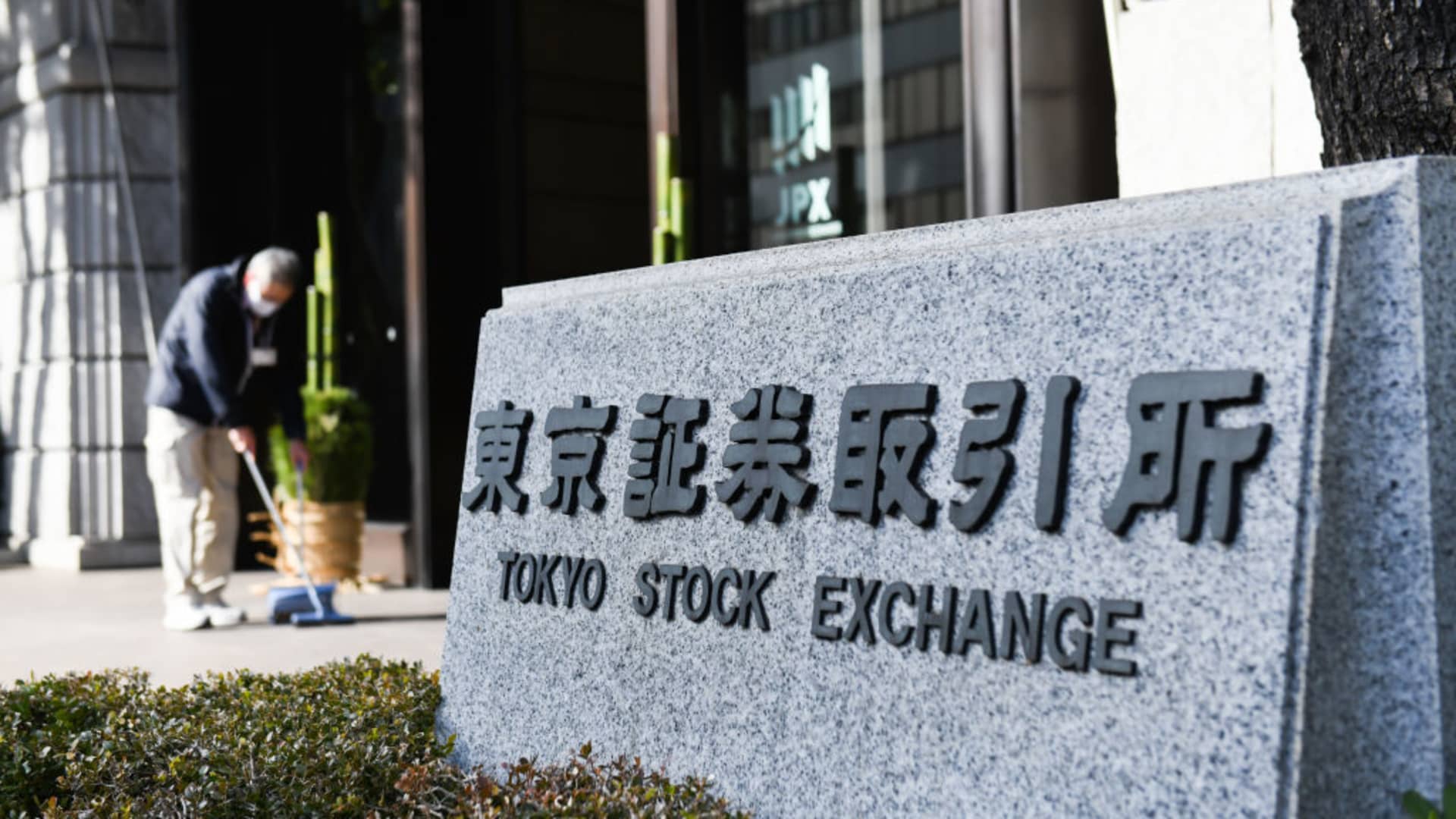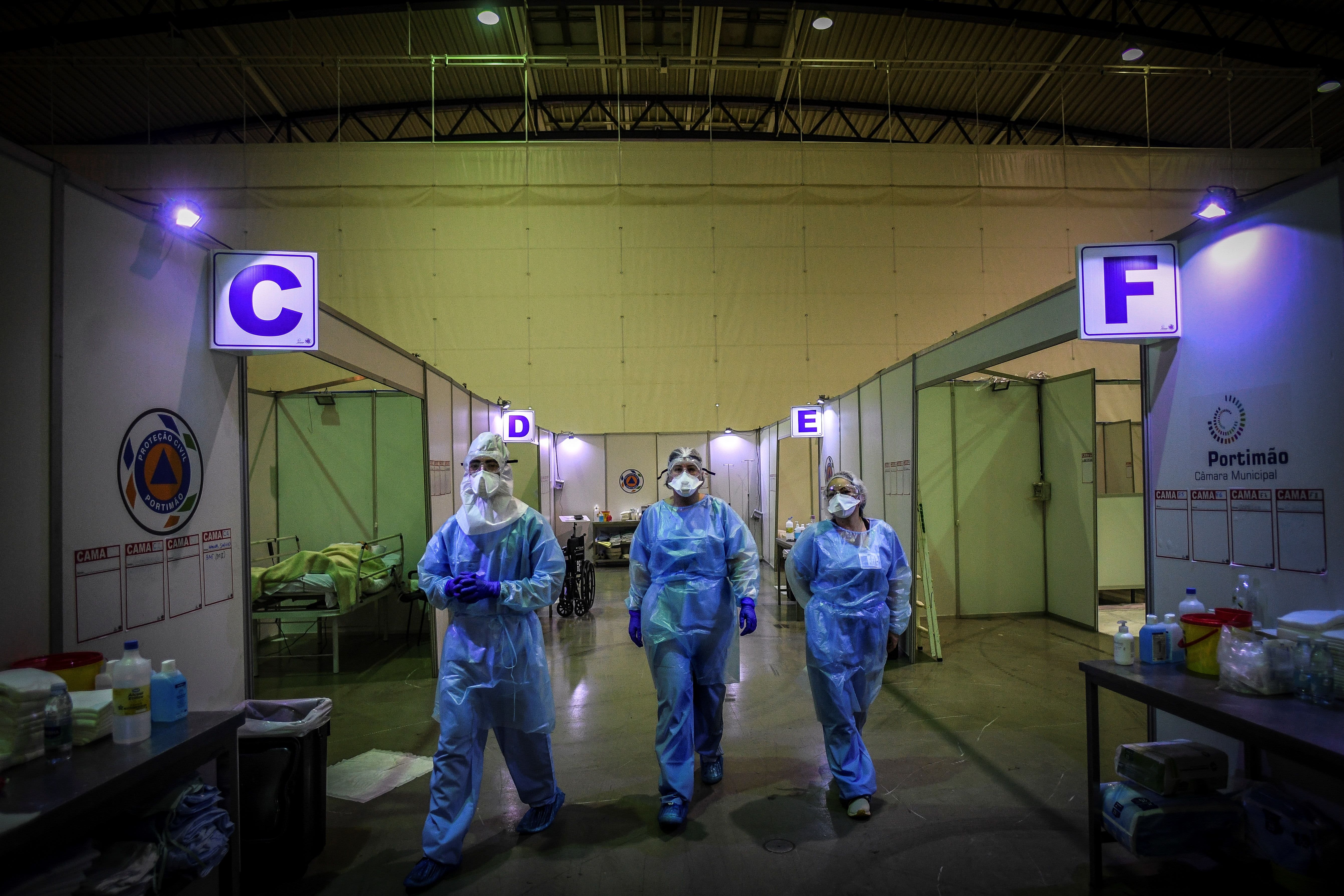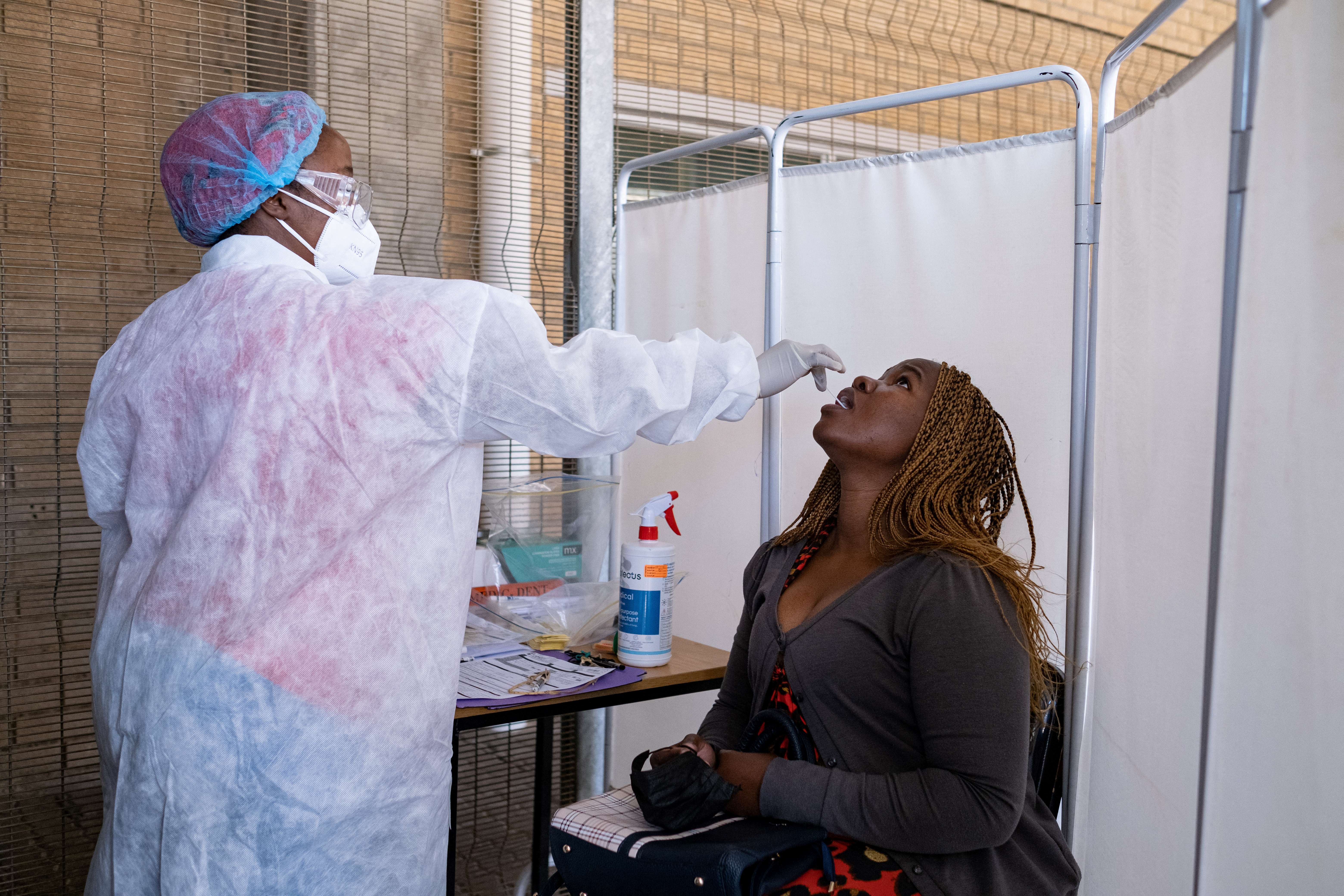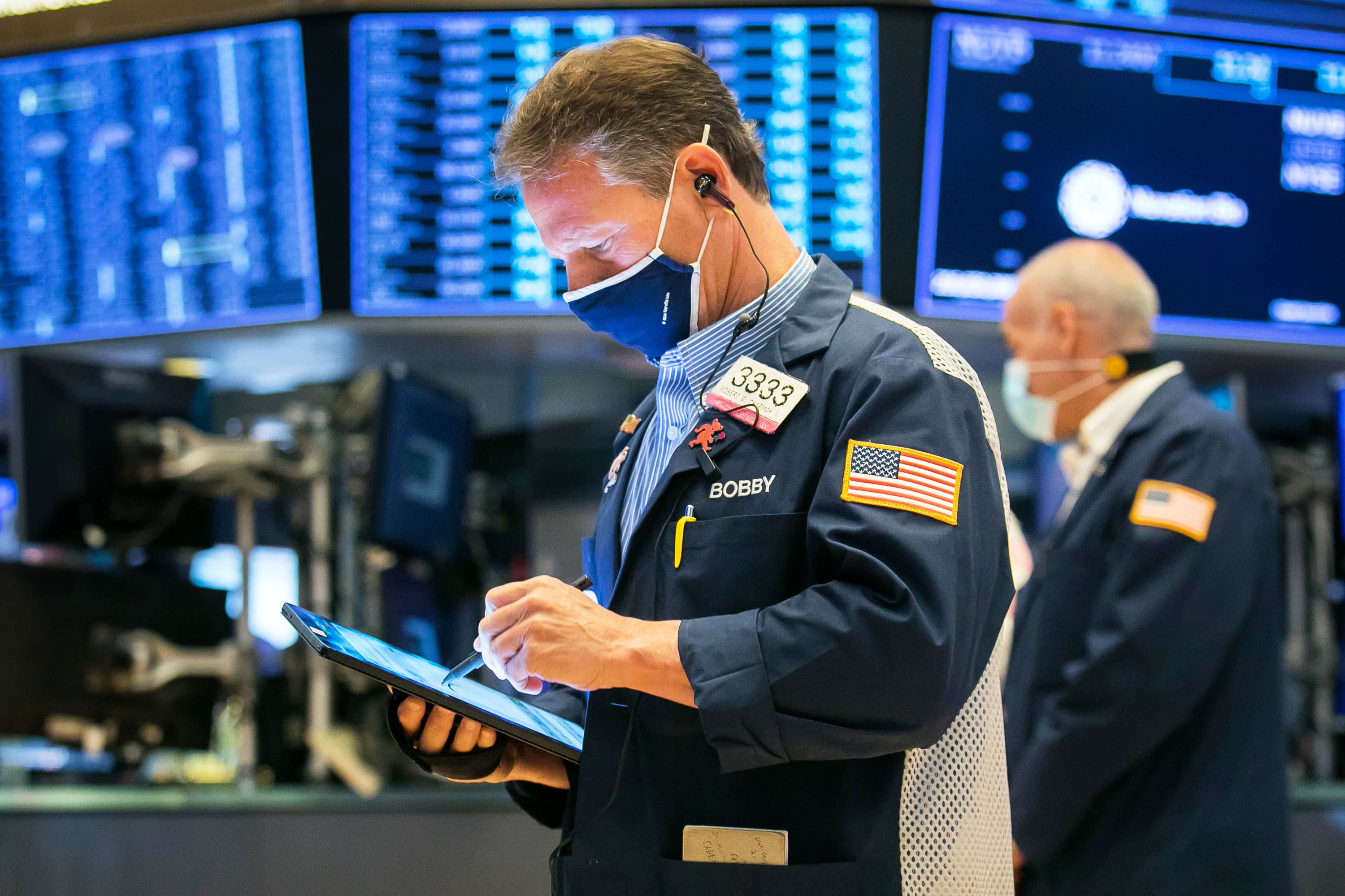Hong Kong's Hang Seng falls 2% as tech stocks drop; China's GDP misses expectations
Hong Kong's Hang Seng fell around 2% as tech stocks dropped, and Asia markets were mixed as China's GDP missed expectations.

SINGAPORE — The Hang Seng Index in Hong Kong fell 2% as tech stocks declined, and mainland China markets dropped more than 1% after the country's GDP missed expectations.
The Hang Seng index in Hong Kong declined 2.19% to close at 20,297.72, and the Hong Kong Tech index slipped 3.22%.
Alibaba's U.S.-listed shares dropped more than 4% overnight after the Wall Street Journal reported that the company's executives were summoned by authorities investigating theft of police data. The tech giant's shares in Hong Kong fell 5.98% by the end of the session.
Index heavyweights Tencent and Meituan fell 2.99% and 1.81% respectively.
Inflation and interest rate hikes, and the fear it will drive recession continued to dominate investment markets over the last week.
Shane Oliver
Chief Economist, AMP Capital
China economic data
China's GDP grew 0.4% in the second quarter, compared with 4.8% in the first quarter and the 1% that analysts in a Reuters poll predicted.
Retail sales topped expectations, however, rising 3.1% in June. A Reuters poll of analysts expected no growth compared with a year ago.
Mainland China markets dropped. The Shanghai Composite was down 1.64% to close at 3,228.06, while the Shenzhen Component declined 1.52% to 12,411.
The second-quarter report is China's weakest GDP print since the first quarter of 2020 when the Covid pandemic first hit.
Stock picks and investing trends from CNBC Pro:
Frederic Neumann, co-head of Asian economics at HSBC, said it's not a big surprise given the severe disruptions in logistics and consumption during Covid lockdowns. Still, he said the weak GDP report suggests the recovery hasn't been as strong as hoped.
"That means the economy didn't really have tailwinds going, even into the third quarter," he told CNBC's "Street Signs Asia" on Friday.
"Perhaps the message here is we need even more stimulus then, on top of what's been announced in recent weeks and months," he added.
Asia-Pacific markets mixed
MSCI's broadest index of Asia-Pacific shares outside Japan shed 0.67%.
Most major indexes in the region trended lower this week.
"Inflation and interest rate hikes, and the fear it will drive recession continued to dominate investment markets over the last week," Shane Oliver, chief economist at AMP Capital, wrote in a note Friday.
U.S. stock indexes slipped Thursday after bank earnings disappointed.
The Dow Jones Industrial Average shed 0.46%, or 142.62 points, to 30,630.17, while the S&P 500 dipped 0.3% to 3,790.38. The Nasdaq Composite inched 0.03% higher to finish at 11,251.19.
Currencies and oil
The U.S. dollar index, which tracks the greenback against a basket of its peers, was last at 108.533. The index popped above 109 briefly in the previous session.
The Japanese yen was at 138.83 per dollar, after weakening beyond 139 against the greenback on Thursday. The Australian dollar was at $0.6737.
Oil futures rose late in Asia trade. U.S. crude was up 0.45% at $96.21 per barrel, while Brent crude was higher by 0.8% at $99.89 per barrel.
— CNBC's Evelyn Cheng, Samantha Subin and Carmen Reinicke contributed to this report.

 Astrong
Astrong 























.jpg&h=630&w=1200&q=100&v=6e07dc5773&c=1)








